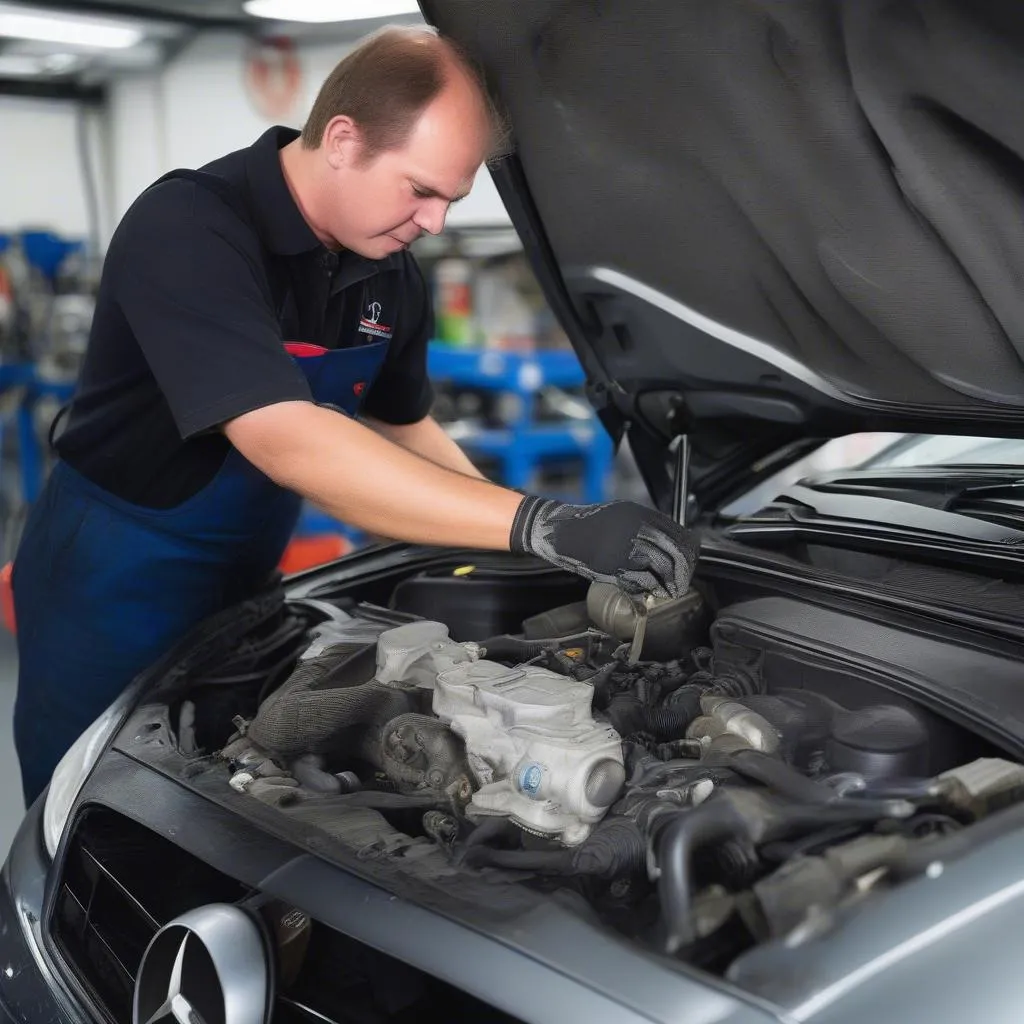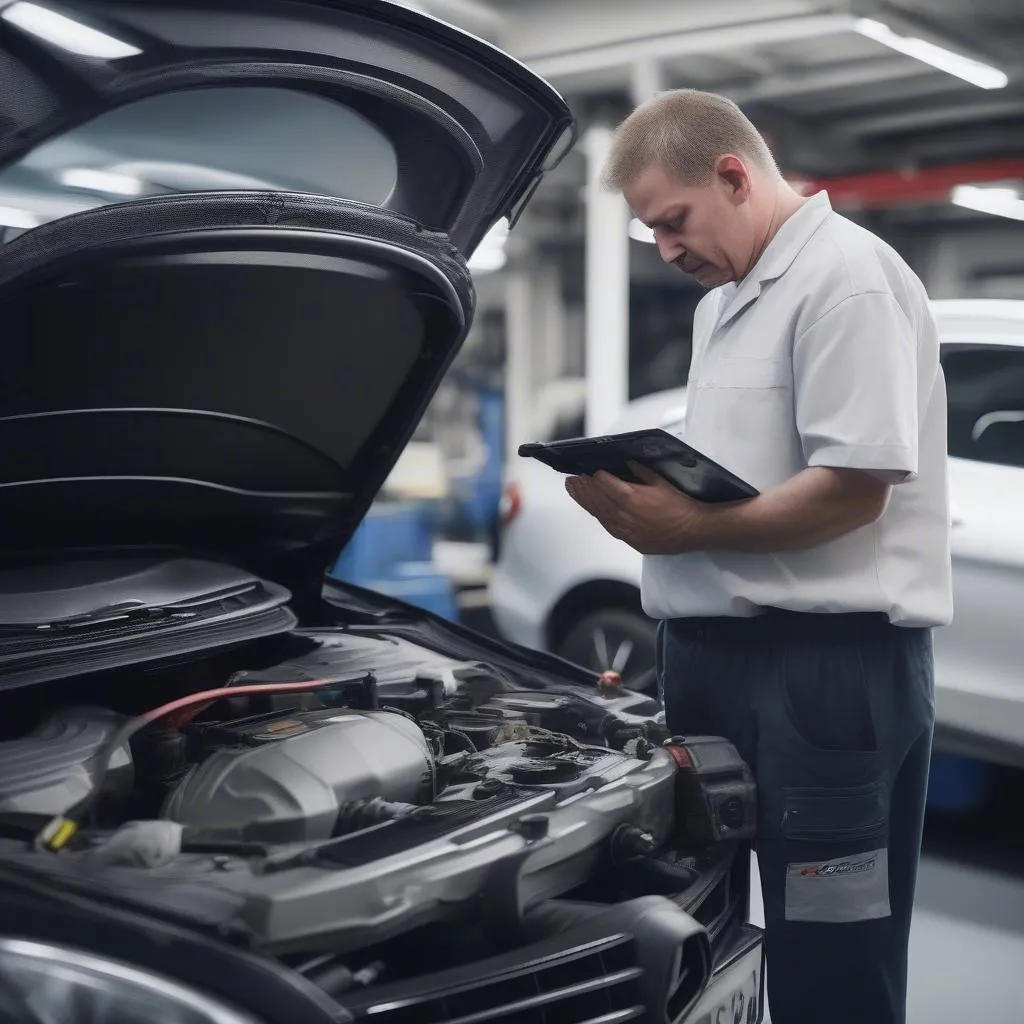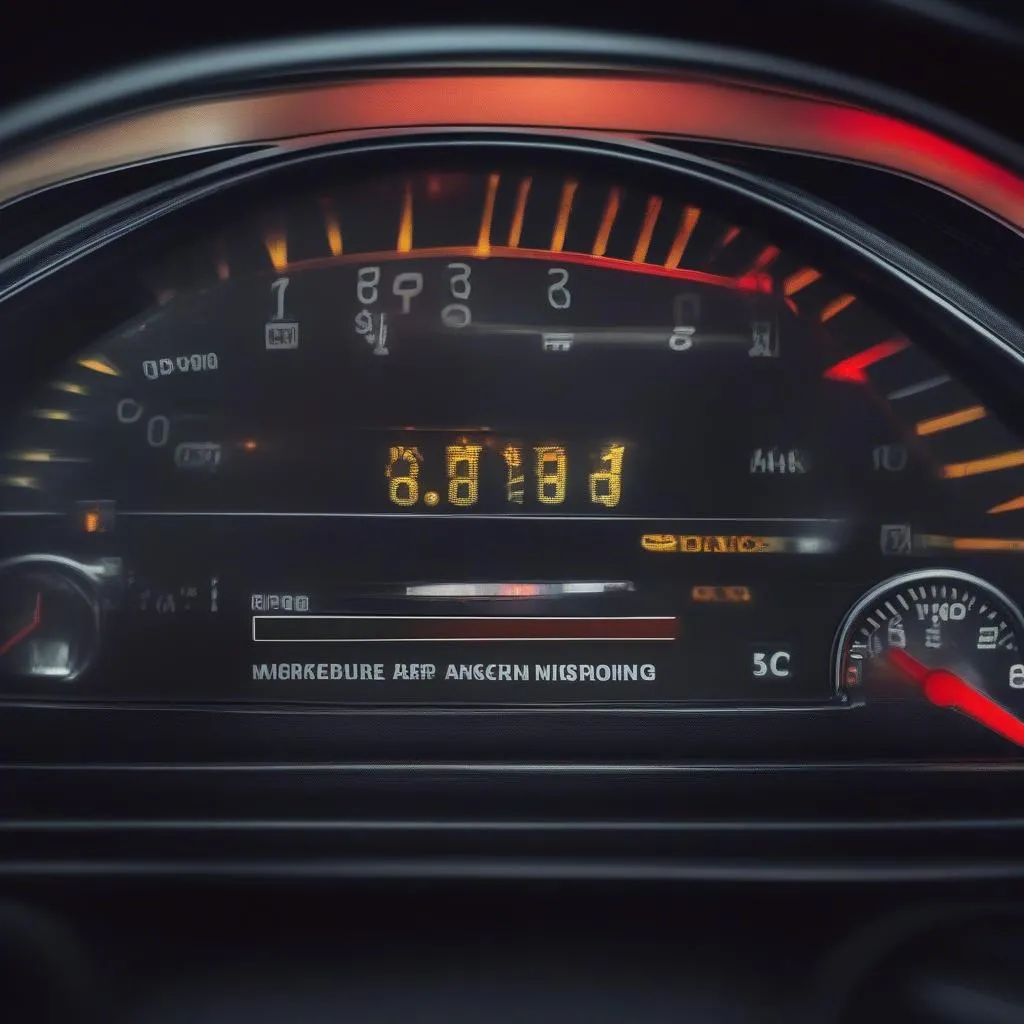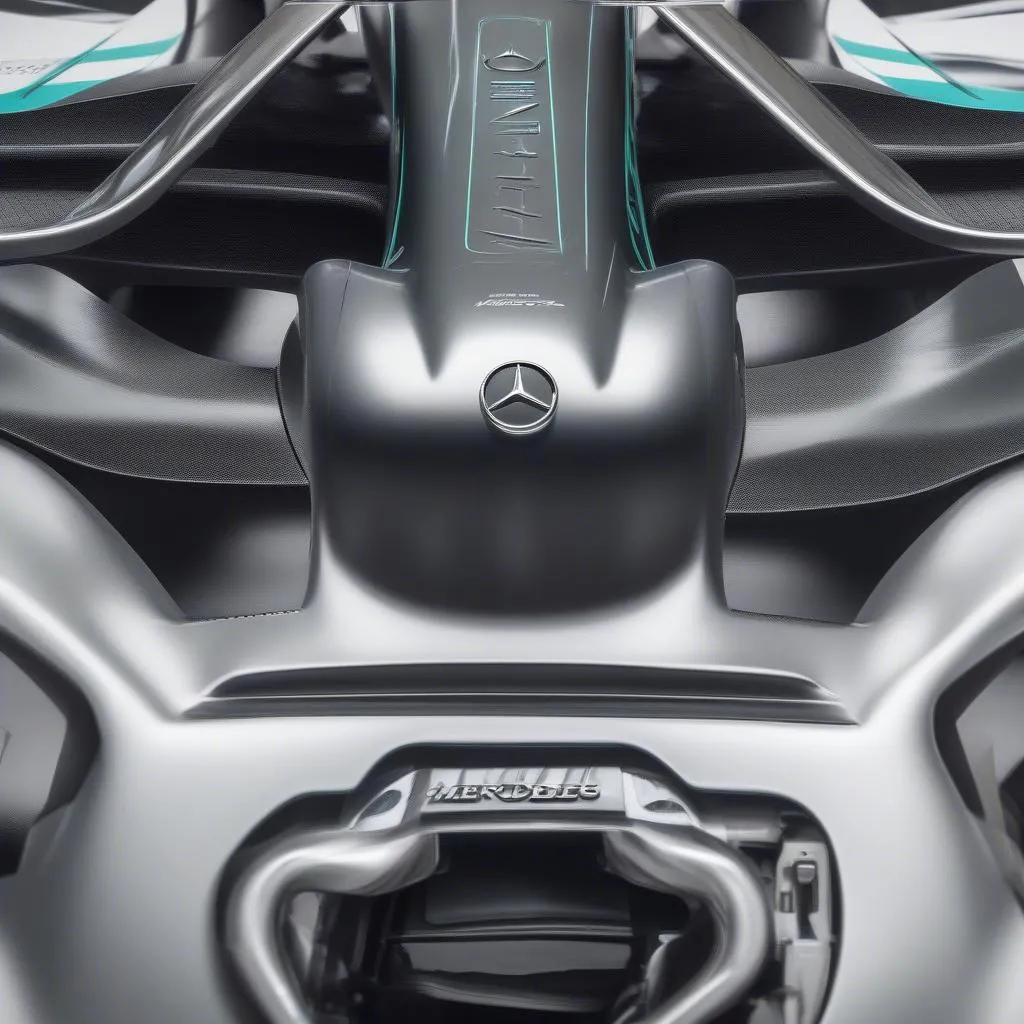Mercedes Benz CDI engines are renowned for their performance and efficiency. However, like any diesel engine, they can suffer from carbon buildup over time. This article will delve deep into the “Mercedes Benz fixed carbon problem with CDI engines”, providing a comprehensive guide to understanding, identifying, and resolving this issue.
Understanding Carbon Buildup in Mercedes CDI Engines
Carbon buildup is a common problem in diesel engines, particularly those equipped with Exhaust Gas Recirculation (EGR) systems like many Mercedes CDI engines. Over time, unburned fuel, oil vapor, and exhaust gases can accumulate in the intake manifold, EGR valve, and around the intake valves, forming stubborn carbon deposits.
Recognizing the Symptoms of Carbon Buildup
Identifying carbon buildup early is crucial to prevent further engine damage. Here are some common symptoms:
- Reduced Engine Performance: Noticeable decrease in power and acceleration.
- Rough Idling: The engine may vibrate excessively or sound uneven when idling.
- Increased Fuel Consumption: Carbon buildup disrupts the air-fuel mixture, leading to reduced fuel efficiency.
- Black Smoke from Exhaust: Excessive black smoke, especially during acceleration, indicates incomplete combustion, often a result of carbon buildup.
- Check Engine Light: The check engine light may illuminate, and a diagnostic scan could reveal codes related to EGR flow or intake pressure.
Tools and Materials for Repair
Before you begin, ensure you have the necessary tools and materials:
- Socket set and wrenches: To remove engine components like the intake manifold and EGR valve.
- Carburetor cleaner: To dissolve and remove carbon deposits.
- Shop towels: For cleaning and wiping down parts.
- Gloves and safety glasses: For personal protection.
- Optional: Diagnostic scanner: To read and clear engine codes (recommended).
Fixing the Carbon Problem in Your Mercedes CDI Engine
Addressing carbon buildup often involves cleaning or replacing affected components:
-
Cleaning the Intake Manifold: Disassemble the intake manifold and thoroughly clean it with carburetor cleaner. Use brushes to remove stubborn deposits.
-
Cleaning or Replacing the EGR Valve: Inspect the EGR valve for carbon buildup and clean it if possible. If it’s heavily clogged or damaged, replacement is recommended.
-
Cleaning Intake Valves: Walnut blasting or similar methods can effectively remove carbon buildup from intake valves.
-
Using Fuel Additives: Regularly using quality fuel additives designed to clean diesel injectors and combustion chambers can help prevent future carbon buildup.
 Mercedes CDI Engine Carbon Cleaning
Mercedes CDI Engine Carbon Cleaning
Frequently Asked Questions
Q: Can I drive my Mercedes with carbon buildup?
A: While you might be able to drive for a while, prolonged driving with carbon buildup can lead to more severe engine problems and costly repairs.
Q: How often should I get my Mercedes CDI engine cleaned?
A: The cleaning interval depends on driving conditions and fuel quality. However, it’s generally recommended to have the intake system inspected and cleaned every 60,000 to 80,000 miles.
Q: Can a diagnostic scanner help with identifying carbon buildup?
A: Yes, a diagnostic scanner like those offered by Cardiagtech can read engine codes and live data, potentially revealing issues related to carbon buildup, such as EGR flow problems or intake pressure discrepancies.
Expert Insight: “Addressing carbon buildup proactively is essential for maintaining the performance and longevity of your Mercedes CDI engine,” says automotive engineer Dr. Emily Carter, author of “The Complete Guide to Diesel Engine Maintenance.” “Regular inspections and cleaning can prevent costly repairs down the road.”
 Mercedes CDI Engine Diagnostic
Mercedes CDI Engine Diagnostic
Conclusion
Carbon buildup is a common issue in Mercedes Benz CDI engines, but it’s manageable with timely attention. By understanding the causes, recognizing the symptoms, and following the appropriate cleaning and maintenance procedures, you can keep your Mercedes running smoothly for years to come.
For accurate diagnosis and effective solutions, consider using advanced diagnostic tools like those available from CARDIAGTECH. These tools can help identify and address engine problems, including those related to carbon buildup, ensuring your Mercedes CDI engine performs at its best.


